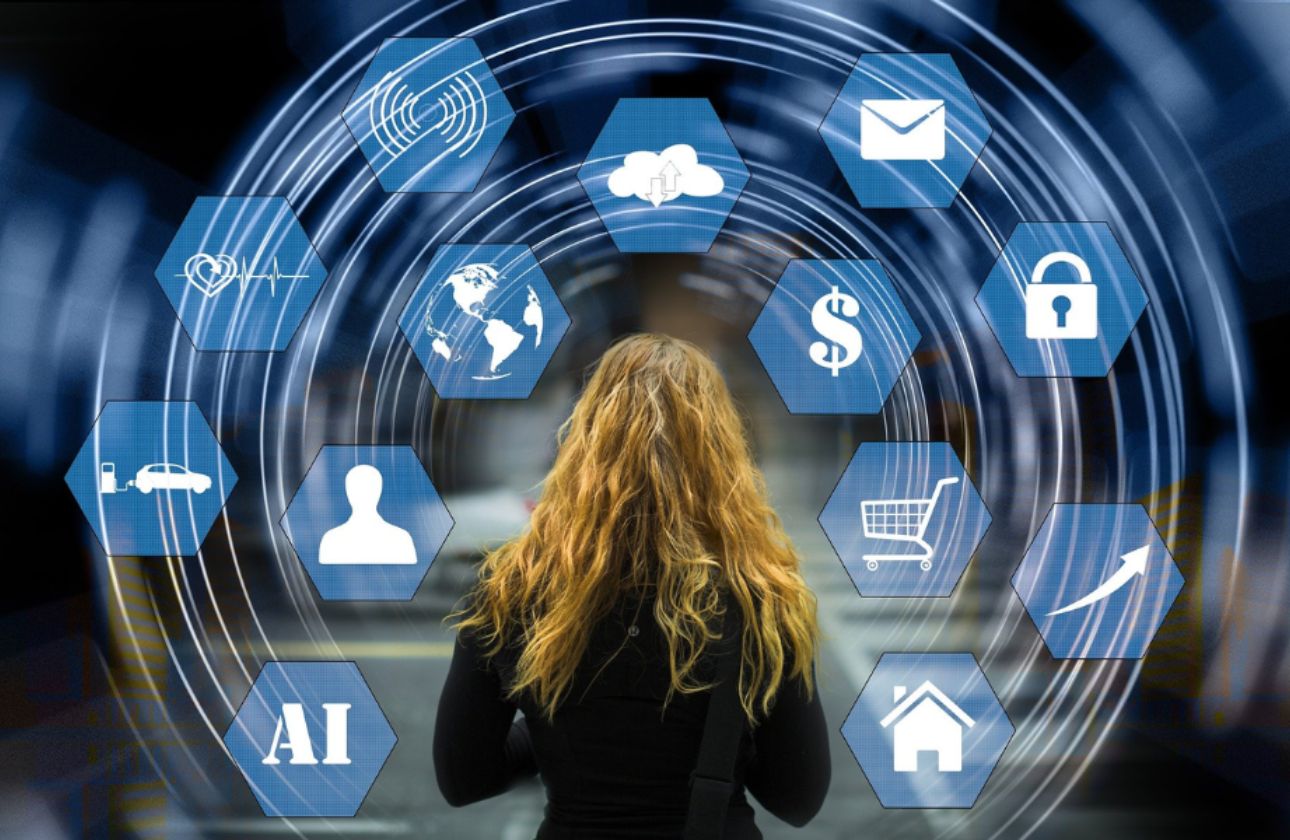The Rise of Artificial Intelligence in Everyday Life: Transforming Our World
Artificial Intelligence (AI) is no longer a futuristic concept—it’s here, and it’s changing the way we live, work, and interact with technology. From smart assistants to personalized recommendations, AI has become an integral part of our daily routines, seamlessly blending into various aspects of life. As AI continues to evolve, its influence is expanding across industries, reshaping everything from healthcare to entertainment.
In this blog post, we’ll explore the rise of Artificial Intelligence in everyday life, highlighting the key ways AI is transforming our world and how it is making our lives smarter, more efficient, and more connected.
1. AI in Smart Homes: Creating Intelligent Living Spaces
One of the most visible ways AI is integrating into daily life is through the rise of smart homes. With the help of AI-powered devices, our homes are becoming more intelligent and responsive to our needs. Smart thermostats like Nest learn our heating preferences, adjusting temperatures based on our behavior to optimize comfort and energy efficiency. Voice assistants such as Amazon Alexa, Google Assistant, and Apple’s Siri allow us to control lights, appliances, and even security systems using just our voice, making everyday tasks more convenient.
AI is also enhancing home security systems. AI-powered cameras and smart doorbells can identify faces, detect unusual movements, and even alert homeowners of potential intruders, providing an extra layer of safety and peace of mind.
2. AI in Personal Assistants: Streamlining Daily Tasks
Personal assistants powered by AI are becoming indispensable tools for managing our busy lives. Google Assistant, Apple Siri, and Amazon Alexa not only help with basic tasks like setting reminders, sending messages, or providing weather updates but also manage more complex tasks such as controlling smart devices, playing music, or even ordering groceries.
AI-driven personal assistants are increasingly becoming more intuitive, learning from user interactions to offer more relevant recommendations and anticipate needs before they arise. This capability makes everyday tasks faster, allowing individuals to spend more time on important matters and less time managing the small details of life.
3. AI in Healthcare: Revolutionizing Patient Care
AI’s impact on healthcare is profound and continues to grow. Machine learning algorithms can now analyze medical data with incredible accuracy, helping doctors diagnose diseases earlier and more precisely. AI-powered tools like IBM’s Watson can process vast amounts of medical data, identifying patterns that may go unnoticed by humans, improving treatment plans, and personalizing healthcare for patients.
Telemedicine, which has gained popularity due to the COVID-19 pandemic, is also benefiting from AI. Virtual consultations are made more efficient with AI-driven chatbots and diagnostic tools that assist healthcare professionals in providing accurate care remotely. AI is also playing a key role in drug discovery, speeding up the development of new treatments and vaccines.
4. AI in Transportation: The Future of Mobility
AI is revolutionizing the way we travel, from autonomous vehicles to smart traffic systems. Self-driving cars powered by AI are set to change the future of transportation by improving safety, reducing traffic congestion, and minimizing human error on the roads. Companies like Tesla, Waymo, and Uber are already testing AI-based autonomous vehicles, making strides toward a future where cars drive themselves.
In cities, AI is optimizing public transportation and traffic management. AI-powered systems are used to control traffic lights, manage congestion, and predict the best routes for commuters. This technology helps reduce travel times, improve traffic flow, and lower carbon emissions, contributing to more sustainable and efficient urban mobility.
5. AI in Entertainment: Personalized Content for Every Taste
AI is transforming the entertainment industry by offering personalized recommendations that cater to individual preferences. Platforms like Netflix, Spotify, and YouTube use machine learning algorithms to analyze user behavior, providing personalized content suggestions based on viewing or listening history. This makes discovering new music, shows, and movies faster and more enjoyable.
In gaming, AI enhances user experiences by creating adaptive gameplay that adjusts based on the player’s skill level. AI also powers non-playable characters (NPCs), making them more interactive and responsive, leading to more immersive gaming experiences.
6. AI in Shopping: Revolutionizing Retail Experiences
AI is also reshaping the shopping experience, both online and in-store. Retailers are using AI to improve customer experiences through personalized shopping. For example, online platforms like Amazon and eBay use AI to recommend products based on your browsing history, purchase behavior, and preferences, making shopping more efficient and tailored to individual needs.
In physical stores, AI is being used to enhance customer service through tools like smart mirrors and virtual try-ons, allowing consumers to visualize how clothes will look without trying them on. AI chatbots on retail websites can help customers with inquiries, product recommendations, and even track their orders in real time.
7. AI in Finance: Enhancing Financial Management
AI is becoming increasingly important in the financial industry, providing innovative solutions for managing personal finances and investing. AI-powered tools like Robo-advisors use algorithms to provide personalized investment advice based on an individual’s financial goals and risk tolerance. These tools have made investing more accessible, even for those with little to no experience.
Banks are also utilizing AI to detect fraudulent activity, analyze customer data, and provide personalized financial products. AI’s ability to process large amounts of data quickly allows financial institutions to offer more efficient and secure services to their clients.
8. The Future of AI: Embracing the Technology
As AI continues to evolve, its integration into everyday life will only grow deeper.




Comments (0)